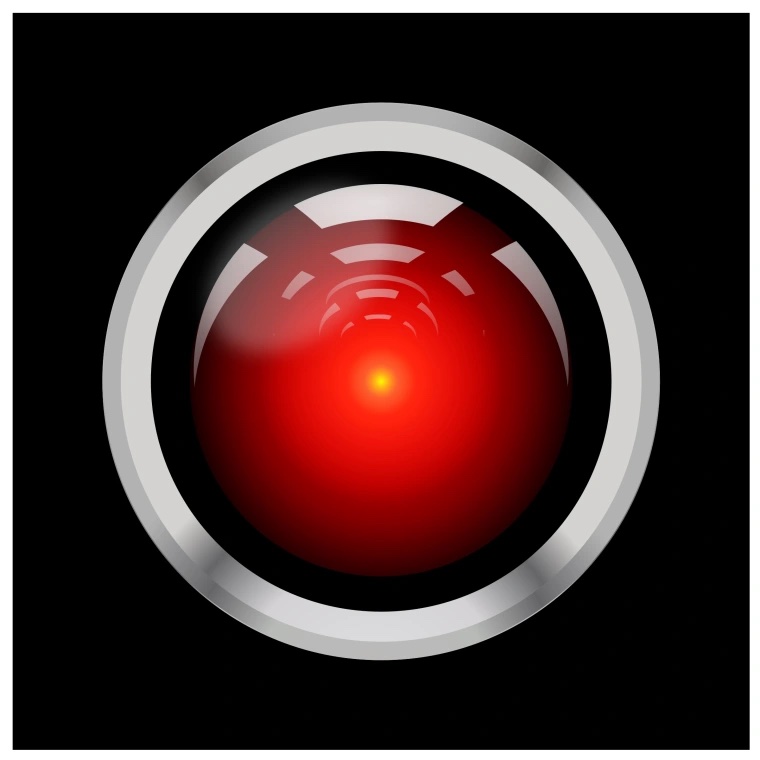Besides Colin Farrell looking like a Taylor Swift ex-boyfriend and the dad from Inside Out, the film was as Jack describes his ramen, soothing. This sci-fi-labeled film wasn’t like the others. No scary-looking robots, jarring music as a robot tries to take over a house, nor was it heartwrenching but it was touching and captured the warming combination of life and technology.

Despite the film exhibiting a mix of influence from Steven Spielberg’s Artificial Intelligence and hints of Blade Runner, it also counters those two films with a kind-spirited, well-intentioned A.I. “cultural techno-sapien” called Yang. Visually and audibly the film was gorgeous and the plot pacing sorts through audiences who have succumbed to the short-attention-span epidemic.
But what After Yang manages to do that I feel like not a lot of A.I.-focused films haven’t is demonstrating the importance of memory, lifetime, and how we as a society are taking technological advancements for granted. Just think, Google was only founded in 1998 making many of us nearly as old as the life-integrated search engine.
With so much doom news spreading around, I think the news and people forget that, at least before successful AGI, humans are in charge of the programming. Although the film is optimistic, it showcases the beauty of co-existence with technology as almost near-human to equal treatment without an A.I. trying to overtake the human race. Or as Ada puts it, what’s so good about being human? What capacity do we as a collective society want for A.I. and eventually A.G.I. while we can still set the direction of where it’s going?
By meshing elements of the past and present with a setting in the future, there were modern-day problems that were still portrayed in the film such as spyware and realistic living by not having an 100% smart home like some other films display. But even with the concern around surveillance, the film diverges and almost distracts audiences from the invasion of privacy and flips the script to appreciate and value Yang’s “memories”.
A lot of topics we covered in the class also reappear throughout the film such as A.I. and love, A.I. and race, and A.I. and ethics. The word “love” was thrown around quite a bit, especially between Mika and Yang’s relationship. Was Yang truly loved? Did Yang truly love? At the end of the film, Yang is seen to have a major influence on many generations being a “cultural techno-sapien”. This also explores the connection between humans and racial identity, what are the barriers that come with race and culture, as well as what are the fundamentals of a racial identity that can make it codable. Was Yang actually Chinese?

Leave a Reply